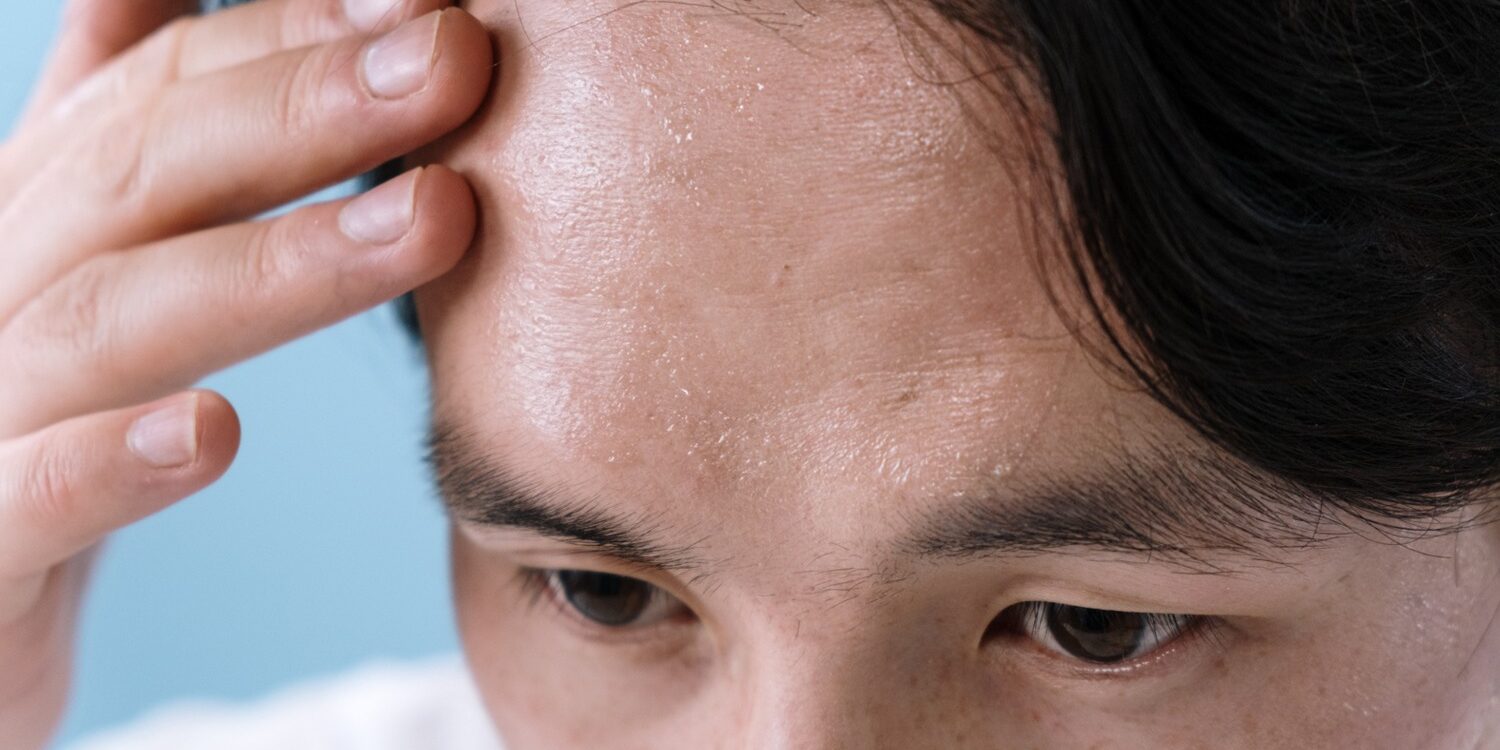Mindfulness-based cognitive hypnotherapy integrates mindfulness, cognitive-behavioral therapy, and hypnotherapy to improve the physical, emotional, mental, and/or spiritual aspects of skin disorders. Meditation, including mindfulness meditation, and hypnosis both utilize trance phenomena to help produce focalization and specific improvements in skin disorders through psycho-neuro-endocrine- immunologic mechanisms.
Mindfulness-based cognitive hypnotherapy uses a multi-faceted approach to helping patients. Its integrative approach can often be more effective than the sum of its parts.
It is conceptually helpful to understand some of the underlying mechanisms of how the mind can influence the skin and how the skin can influence the mind.
Hypervigilance, fright, and fear are accompanied by rapid breathing and high sympathetic nervous system (SNS) dominance.
High SNS dominance associated with the fight or flight response is accompanied by an increased inflammatory response that can flare inflammatory conditions including skin disorders such as acne, atopic dermatitis, psoriasis, and many others.
Meditation and hypnosis permit intervention in skin disorders through psycho-neuro- endocrine-immunologic mechanisms. There is an interaction between neuropeptides and other inflammatory mediators and skin cells in the epidermis and dermis and subcutaneous fat.
Hypnosis
Hypnosis has been used to assist in improving a wide variety of skin disorders. These include acne excoriée, alopecia areata, atopic dermatitis, …, herpes simplex, hyperhidrosis, ichthyosis Vulgaris, lichen planus, neurodermatitis, ….
Meditation
As well, meditative induction and maintenance techniques shift attention and focus. For mindfulness meditation, a breath induction is often used, focusing on the breath, calming and slowing down the breathing. Both mindfulness meditation and concentrative meditation have long been known to reduce stress.
Techniques
Slow deep breath relaxation (1); progressive muscle relaxation (2); and guided or self-guided imagery to a safe pleasant place (3) — can produce the relaxation response, that has been found to promote deep calmness and enhance healing.
Progressive muscle relaxation has been demonstrated to be equally effective compared with biofeedback and with autogenic training in producing hand-warming in patients with Raynaud’s disease.
Skin conditions likely to benefit from the relaxation response include acne, atopic dermatitis, hyperhidrosis (excess sweating), … .
It is clearly seen in the Table below that hyperhidrosis (excessive sweating) is very highly triggered by “emotional facts”.
The Mindfulness-Based Stress Reduction Program (MBSR) consisted of an 8-week course with weekly 2-hour classes where breathing techniques, body sensation awareness, and yoga stretching were taught.
Mindfulness-based cognitive hypnotherapy integrates hypnotic ego-strengthening with several mindfulness elements, including nonjudgmental observation of what is happening at the present time with intention, awareness, acceptance, and gratitude.
Source: Philip D. Shenefelt, “Mindfulness-Based Cognitive Hypnotherapy and Skin Disorders”, American Journal of Clinical Hypnosis, 61: 34–44, 2018







